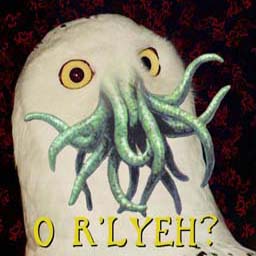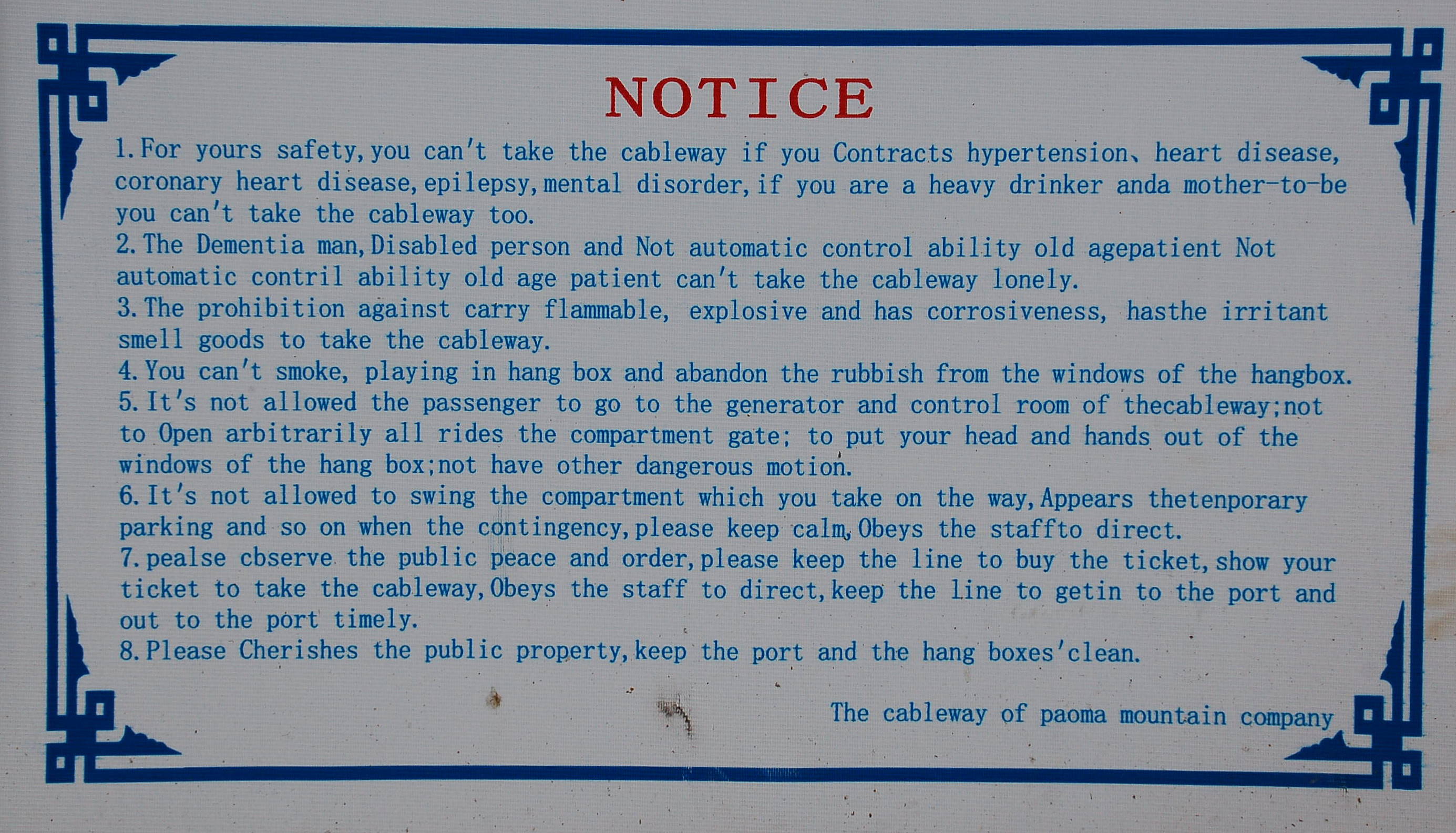This Stephen King article on the joys of audiobooks includes quite a few that sound worth seeking out.
Hail to the Spoken Word | The Pop of King | News + Notes | Entertainment Weekly
I spent a large part of last year listening to lecture series put out by The Teaching Company, but lately I’ve switched to fiction.
Here are my favorites.
As I Lay Dying by William Faulkner (read by Wolfram Kandinsky). I’m listening to this right now, and it’s probably the best audiobook I’ve heard yet–not just a reading but a performance. Kandinsky takes on a myriad of voices, with subtle and clear interpretations of lines that I know would give me a lot of pause if I were reading the text.
Lullaby by Chuck Palahniuk (read by Richard Poe). I think this was the first audiobook I tried. Poe’s voice grated on me at first, but I came to appreciate it, especially with some of the personality transference stuff that happens late in the book.
Diary by Chuck Palahniuk (read by Martha Plimpton). Note perfect reading of a compelling mystery that is only a little bit of a let-down (not her fault).
Dark Matter by Philip Kerr (read by John Lee). A stirring tale of the elder Isaac Newton when he was in charge of tracking down and prosecuting forgers, with a spirited reading in many accents. Sprawling tapestry, total ear-candy.
Why Not Me? – The Franken Presidency (read by the author, Al Franken). Hilarious parallel history narrated by its author. At one point Franken gives way to his official biographer and it loses some steam, only to narrowly recover again in the epilog.
Never Let Me Go by Kazuo Ishiguro (read by Rosalyn Landor). Slow, stately, depressing and disturbing. At some point I realized I probably should have been reading the print edition because it would all have been over sooner…but I stuck it out.
Coraline by Neil Gaiman (read by Neil Gaiman). Gaiman is a fine reader, and this one frightened the kids to the point that they didn’t want the tape in their room. The next night, they asked to hear more of it, though.
The Screwtape Letters by C.S. Lewis (read by John Cleese). Cleese at his best.
Saturday by Ian McEwan (read by Steven Crossley). This is a slow one, but I find myself thinking about it months later. The standard metaphor of a human life divided into of seasons (spring turning into summer, into fall, into winter) is supplanted here by one with more shades, more variations, seven instead of four: The days of the week. The main character here lives out a Saturday that is also Great Britain’s Saturday…the sixth stage out of seven…the penultimate day of a week that is also a life. It’s a thriller, but a quiet one, and unforgettable. I think the slow reading helped it sink in more gradually than if I’d torn through it on the page. Maybe you’ve got to be about my age to really find this as haunting as I did. Maybe.
In some cases, books I might have liked otherwise seemed imperfectly matched to the reader, and I gave up. That was the case with King’s revised version of The Gunslinger, read by George Guidall (when the ideal reader would have been Johnny Cash), and more recently with John Burdett’s Bangkok 8, where I have fallen back on the print version and am going to have to spend some time trying to flush the reader’s voice from my memory. I enjoyed King’s own reading of his original Gunslinger novel.





 Expedition was a success, although we are still awaiting positive identification of Amanita libertibetensis.
Expedition was a success, although we are still awaiting positive identification of Amanita libertibetensis.
